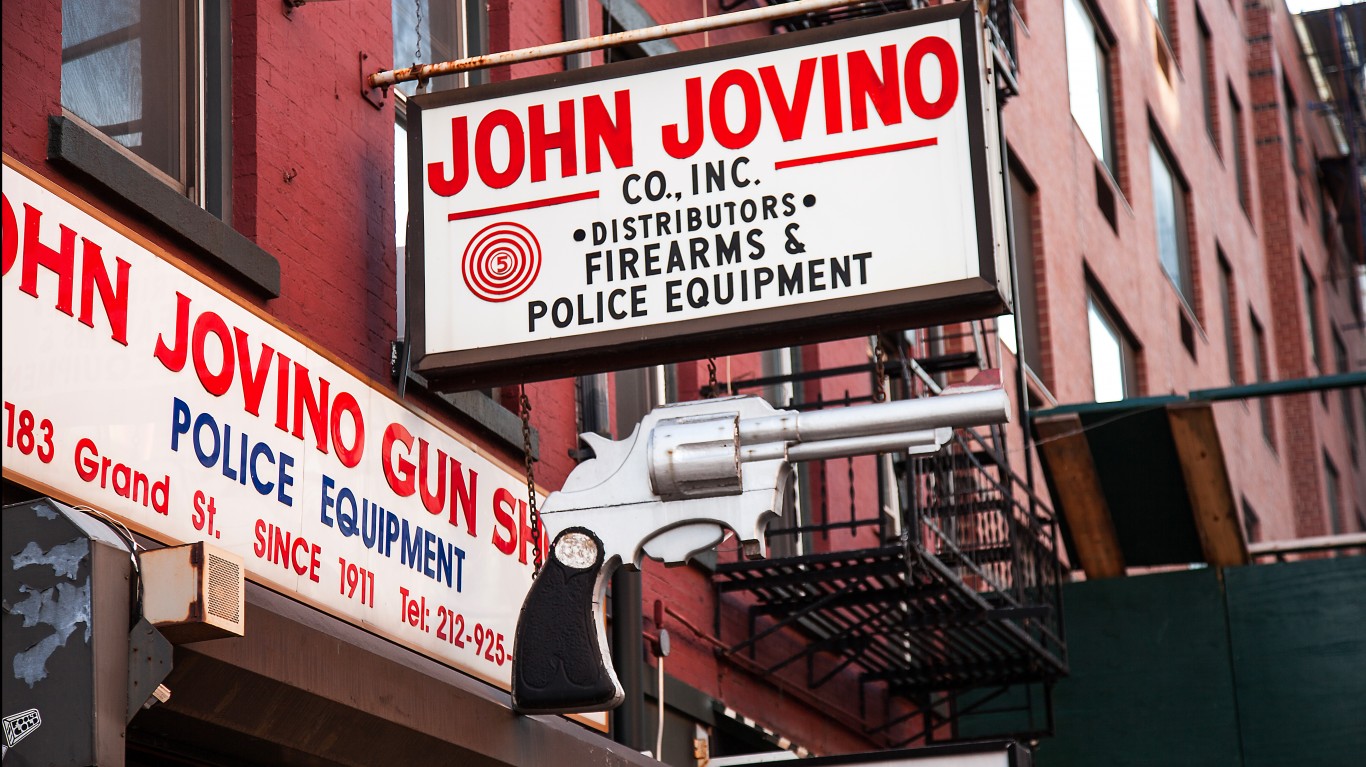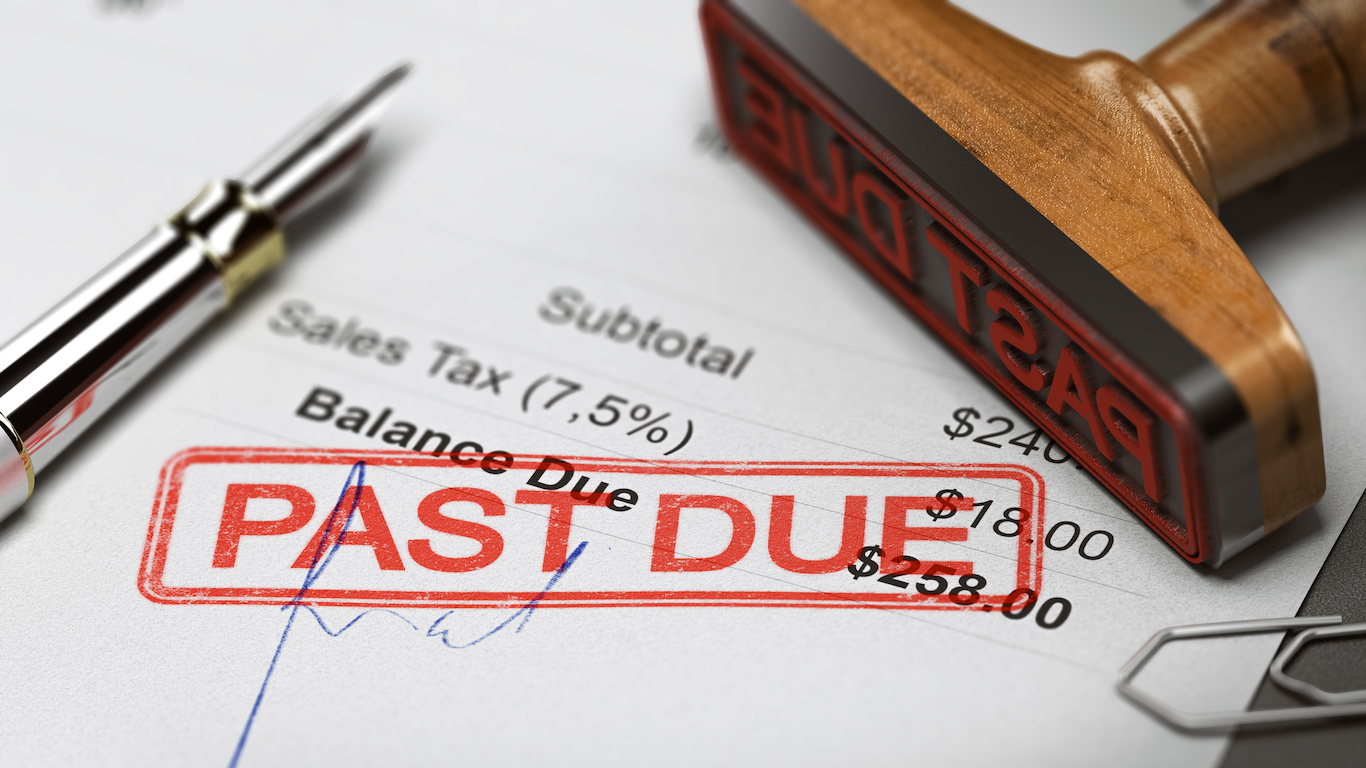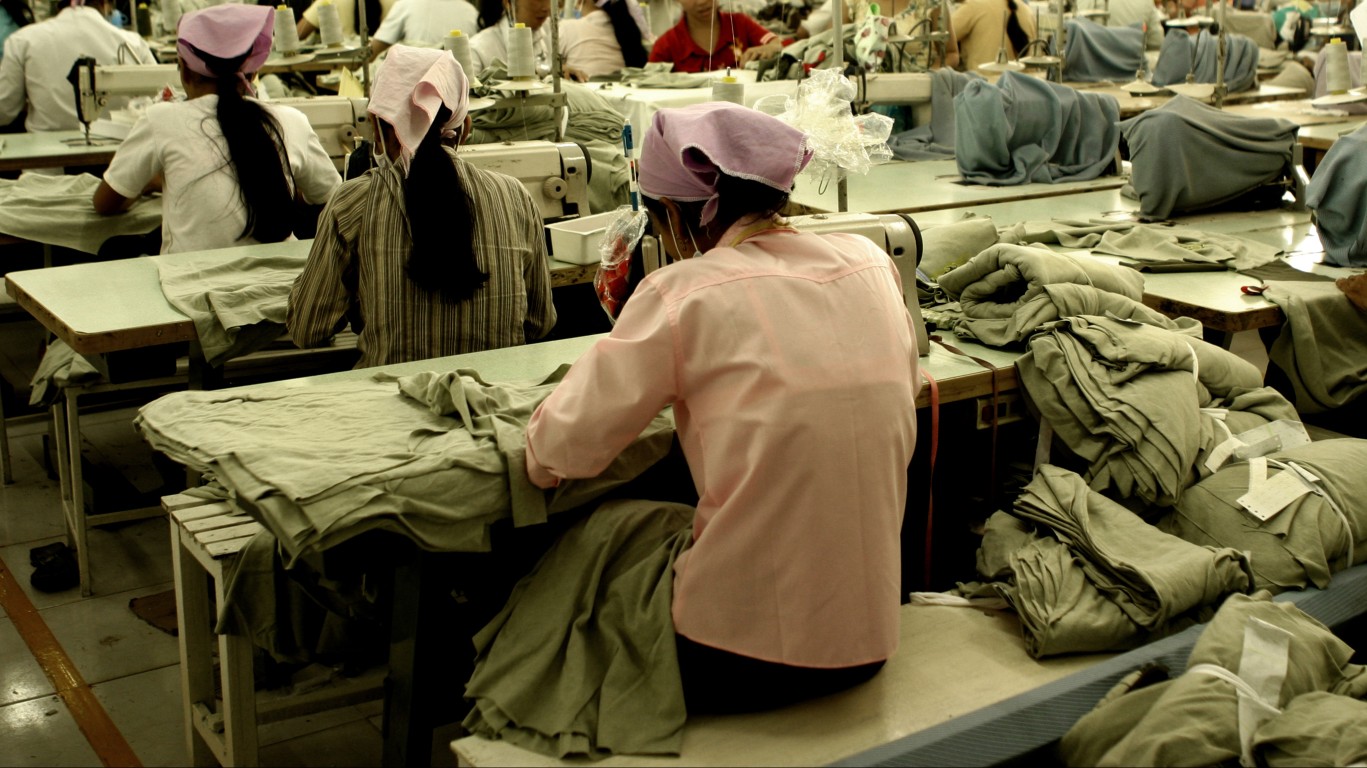
According to a Gallup poll published early this year, 79% of American respondents rate the ethical standards of nurses as high or very high, putting them at the top of the polling company’s list of “Americans’ Ratings of Honesty and Ethics of Professions.” Medical doctors (62%) and pharmacists (58%) came next. Other professionals who scored well include high school teachers, police officers, accountants, judges, and clergy.
The bottom of the ranking? Car salespeople, members of Congress, and – at the very bottom – telemarketers. (Congress is one of the 14 least trusted institutions in America.)
Defining “ethical” professions can be subjective and can vary depending on individual perspectives and cultural norms. However, certain lines of work tend to be associated with ethical concerns more frequently than others.
Some are clearly beyond the pale. There is no conceivable ethical justification for drug dealing, human trafficking, running a sweatshop, or, worst of all, killing others for profit – though all of these are full-time professions for some morally corrupt individuals.
Other professions can be legitimate – and ethical – but also provide opportunities for the unscrupulous to profit at the expense of others. Political lobbying and debt collection and settlement are examples. (Here’s a list of the American cities with the most credit card debt.)
To compile a list of the 20 most unethical professions – both unequivocally and potentially – 24/7 Tempo consulted various online sources, including job review and news sites. The list is not meant to be comprehensive, as almost any profession – even those that rated high in that Gallup poll – can offer opportunities for unethical behavior.
Click here to read about the 20 least ethical professions
It is important to remember that some of the examples on this list represent only certain individuals within these professions and do not imply that everyone involved in these occupations is unethical. There are ethical professionals within at least some of these fields who strive to uphold integrity and make positive contributions.

Arms dealer
Though some will argue that they provide means of defense to potential victims of violence, those engaged in the sale and trade of weapons and military equipment may be said to be contributing to the proliferation of violence and the prolongation of wars and civil conflicts, and thus to human suffering.
[in-text-ad]

Tobacco industry executive
Due to the well-documented health risks associated with tobacco products, some consider the executives who promote and profit from the tobacco industry – including not just those directly employed by tobacco companies but also those who help to advertise or promote their products – to be engaged in unethical behavior.

Lobbyist
While lobbying itself is not inherently unethical, there are instances where lobbyists may use their influence and financial resources to unduly sway political decisions in favor of particular interest groups, potentially undermining the democratic process.

Debt collector
Companies and individuals have a right to collect debts fairly owed to them, but some individuals working in the debt collection industry use aggressive, harassing, or unethical tactics to pursue overdue payments, causing distress and financial hardship to already vulnerable individuals.
[in-text-ad-2]

Paparazzo
The work of these aggressive photographers often involves invasive and relentless pursuit of celebrities, invading their privacy and potentially causing emotional distress and sometimes physical harm.

Telemarketer
Although not all telemarketers engage in unethical practices, some may use deceptive tactics, manipulate vulnerable individuals, or engage in scams, making this profession ethically questionable in some cases.
[in-text-ad]

Sweatshop operator
Those who run sweatshops – factories or other workplaces with uncomfortable, unsafe, and/or dangerous conditions where workers are paid inadequate wages and otherwise exploited – are undeniably unethical.

Hacker
Individuals who engage in illegal activities using their computer skills for identity theft, digital blackmail, or other kinds of cybercrime violate ethical standards of several kinds.

Drug dealer
Anyone who sells illicit drugs – including prescription medicines which have not been prescribed or are prescribed fraudulently – are promulgating addiction, violence, and societal harm, and may well be directly responsible for the deaths of some of their customers.
[in-text-ad-2]

Human trafficker
Human trafficking is a heinous crime that exploits vulnerable individuals for forced labor, sexual exploitation, or other forms of abuse, and is rightly considered to be one of the most unethical – and certainly illegal – possible professions.

Hitman
The act of intentionally taking someone’s life is in direct violation of basic ethical principles, such as the right to life, respect for human dignity, and the prohibition of violence – and of course is punishable by law.
[in-text-ad]

Factory farm operator
Professionals involved in factory farming practices that prioritize profit over animal welfare, leading to cramped and inhumane conditions for livestock, environmental degradation, and health risks for consumers, may be considered unethical.

Private military contractor
Private military contractors, also known as mercenaries, who provide military services for profit without being bound by the same legal and ethical obligations as official military personnel, raise serious ethical concerns regarding accountability, transparency, and adherence to international law.

For-profit prison owner
Professionals involved in the management and operation of for-profit prisons often prioritize profits over the well-being and rehabilitation of inmates, potentially leading to ethical concerns regarding incarceration policies and rehabilitation efforts.
[in-text-ad-2]

Conflict mineral trader
Buying and selling so-called conflict diamonds and other conflict minerals – those sourced from regions plagued by armed combat and human rights abuses – are ethically guilty of indirectly supporting violence and contributing to the perpetuation of those conflicts and abuses.

Fossil fuel executive
Those running companies that contribute significantly to environmental pollution – such as fossil fuel extraction from coal mines or oil fields – can be seen as acting unethically due to the detrimental impact of their actions on ecosystems and public health.
[in-text-ad]

Spy
While espionage is sometimes a necessary and legitimate activity for national security and defense, certain actions associated with spying raise serious ethical concerns – for example, activities that violate the privacy rights of innocent individuals, manipulate or deceive others, or undermine democratic processes.
Payday lender
Firms or individuals who grant paycheck advances to those who need money immediately often target vulnerable populations, charge extremely high interest rates and fees, conceal terms and conditions, and trap borrowers in a cycle of debt – none of which is ethical.

Debt settlement agent
While consumers in financial difficulty may benefit from the services of companies who offer debt reduction programs, some debt settlement agents have been known to engage in such unethical practices as exaggerating the benefits and downplaying the risks and consequences of debt settlement, failing to provide clients with information about alternatives, and charging excessive fees, which in some cases may outweigh the benefits of debt settlement.
[in-text-ad-2]

Patent troll
Patent trolls, also known as non-practicing entities (NPEs), are individuals or companies that acquire and enforce patents for the purpose of extracting licensing fees or filing lawsuits against alleged infringers, relying on the threat of litigation and the potential costs associated with it to extract settlements – clearly unethical.
Travel Cards Are Getting Too Good To Ignore (sponsored)
Credit card companies are pulling out all the stops, with the issuers are offering insane travel rewards and perks.
We’re talking huge sign-up bonuses, points on every purchase, and benefits like lounge access, travel credits, and free hotel nights. For travelers, these rewards can add up to thousands of dollars in flights, upgrades, and luxury experiences every year.
It’s like getting paid to travel — and it’s available to qualified borrowers who know where to look.
We’ve rounded up some of the best travel credit cards on the market. Click here to see the list. Don’t miss these offers — they won’t be this good forever.
Thank you for reading! Have some feedback for us?
Contact the 24/7 Wall St. editorial team.
 24/7 Wall St.
24/7 Wall St. 24/7 Wall St.
24/7 Wall St. 24/7 Wall St.
24/7 Wall St. 24/7 Wall St.
24/7 Wall St.
